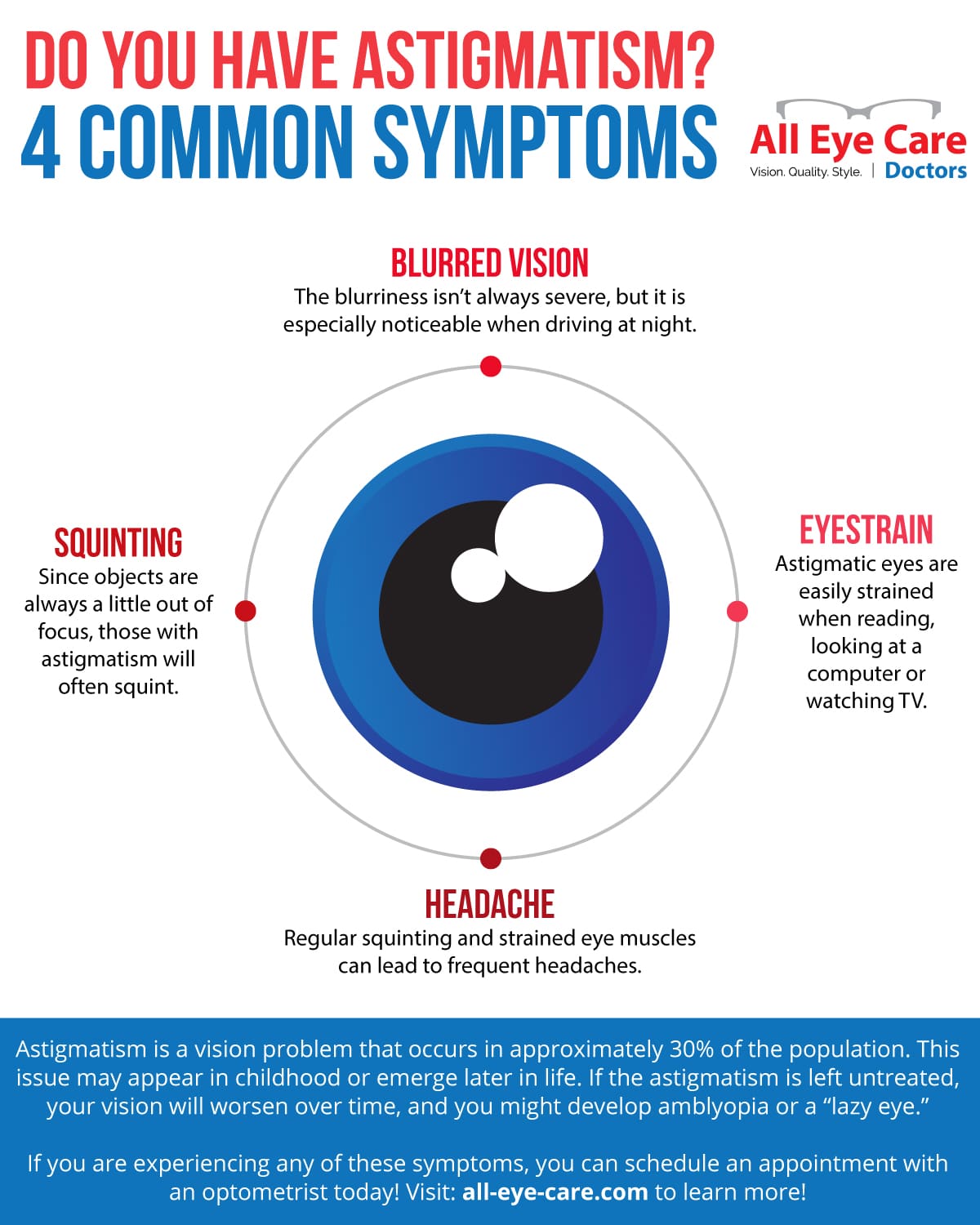Learn About The Benefits Of Refractive Lens Exchange And The Unusual Understandings Your Eye Expert May Not Discuss-- Could This Be The Solution To Your Vision Needs That You've Been Missing?
Learn About The Benefits Of Refractive Lens Exchange And The Unusual Understandings Your Eye Expert May Not Discuss-- Could This Be The Solution To Your Vision Needs That You've Been Missing?
Blog Article
Published By-Hopkins Sandberg
Have you ever thought about Refractive Lens Exchange (RLE) as an alternative for vision adjustment? While it isn't as widely discussed as LASIK, RLE could be a game-changer for your eyesight. Many individuals forget its advantages, believing standard methods are their only choice. But what are the actual benefits, and what might your optometrist not be informing you concerning this treatment? Let's discover the ins and outs of RLE together.
Recognizing Refractive Lens Exchange: The Basics
Refractive lens exchange (RLE) is a surgery that can dramatically improve your vision, particularly if you're handling presbyopia or extreme refractive mistakes.
During RLE, your eye specialist eliminates your eye's natural lens and changes it with a synthetic one customized to your vision requires. This procedure can correct nearsightedness, farsightedness, and astigmatism, providing you more clear vision without depending on glasses or get in touch with lenses.
The surgery is usually quick, taking less than an hour, and many patients experience minimal discomfort. Recuperation is fairly quickly, allowing you to return to your everyday activities shortly after.
If you're thinking about RLE, talking to your eye doctor can help you establish if it's the appropriate choice for you.
Trick Distinctions In Between RLE and Standard Cataract Surgical Procedure
While both refractive lens exchange (RLE) and standard cataract surgery involve changing the eye's natural lens, their primary goals and patient accounts vary substantially.
RLE is aimed at people seeking to decrease their reliance on glasses or get in touch with lenses because of refractive errors, often prior to cataracts develop. On https://www.healio.com/news/ophthalmology/20210412/enormous-potential-of-robotics-opens-door-to-next-revolution-in-eye-surgery , traditional cataract surgery generally targets individuals that've established cataracts, which shadow the lens and impair vision.
The lenses used in RLE can give a wider range of vision modification, while typical cataract surgical treatment normally entails fundamental monofocal lenses.
Additionally, RLE prospects are commonly more youthful and in good total health and wellness, whereas cataract people might be older and have other wellness issues.
Picking the ideal procedure depends on your certain vision requirements and scenarios.
Possible Benefits and Factors To Consider of RLE
If you're thinking about refractive lens exchange (RLE), you'll find a number of prospective benefits that might boost your quality of life.
RLE can provide you with clearer vision, reducing or eliminating the demand for glasses or contact lenses. It uses a possibility to address presbyopia and other refractive errors at the same time, commonly boosting your overall visual acuity.
In addition, RLE can be a great alternative if you're not an ideal prospect for LASIK. However, it's important to weigh the factors to consider, like the cost, possible dangers, and the recovery period.
Reviewing your particular needs with your optometrist can aid you make an informed decision, ensuring you choose the very best course for your vision improvement.
Final thought
In conclusion, refractive lens exchange supplies an unique solution for vision improvement that exceeds what LASIK can offer. It's important to consider the advantages against potential dangers and expenses before choosing. Do not wait to ask your ophthalmologist the challenging inquiries to guarantee you totally comprehend the procedure and its effects for your vision. With the appropriate information, you can with confidence choose the most effective option for your eyes and way of living.
